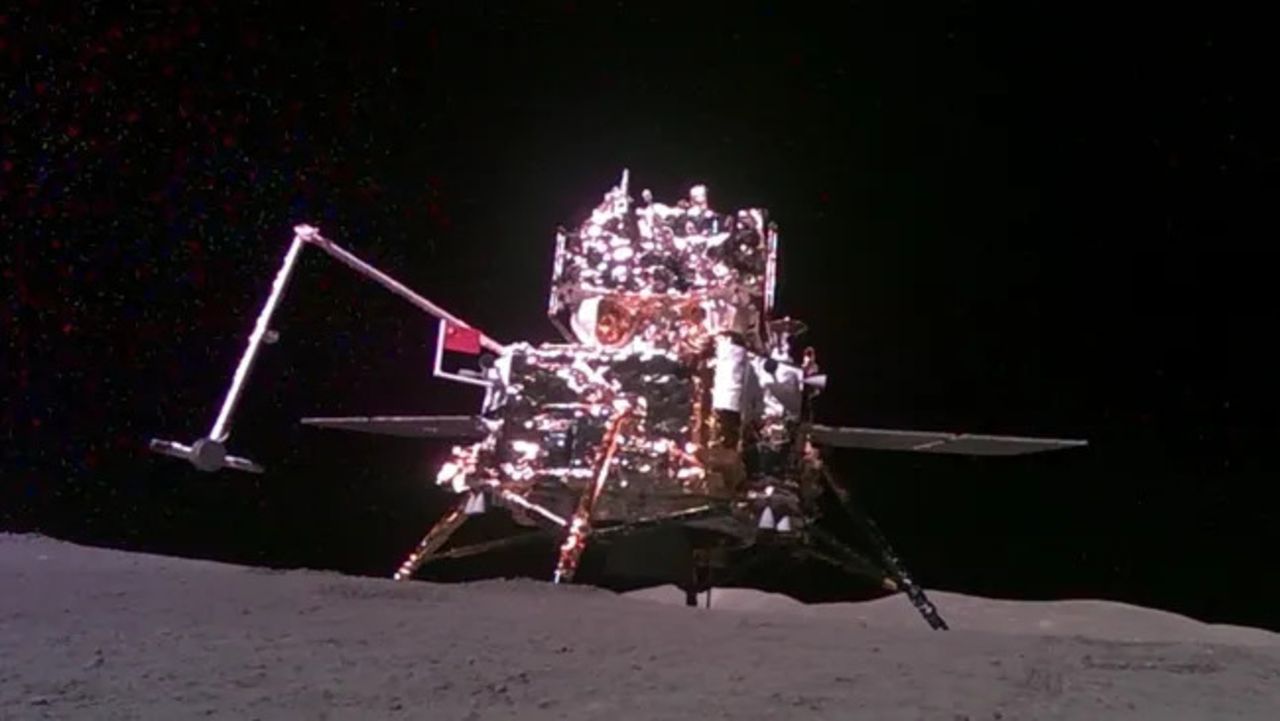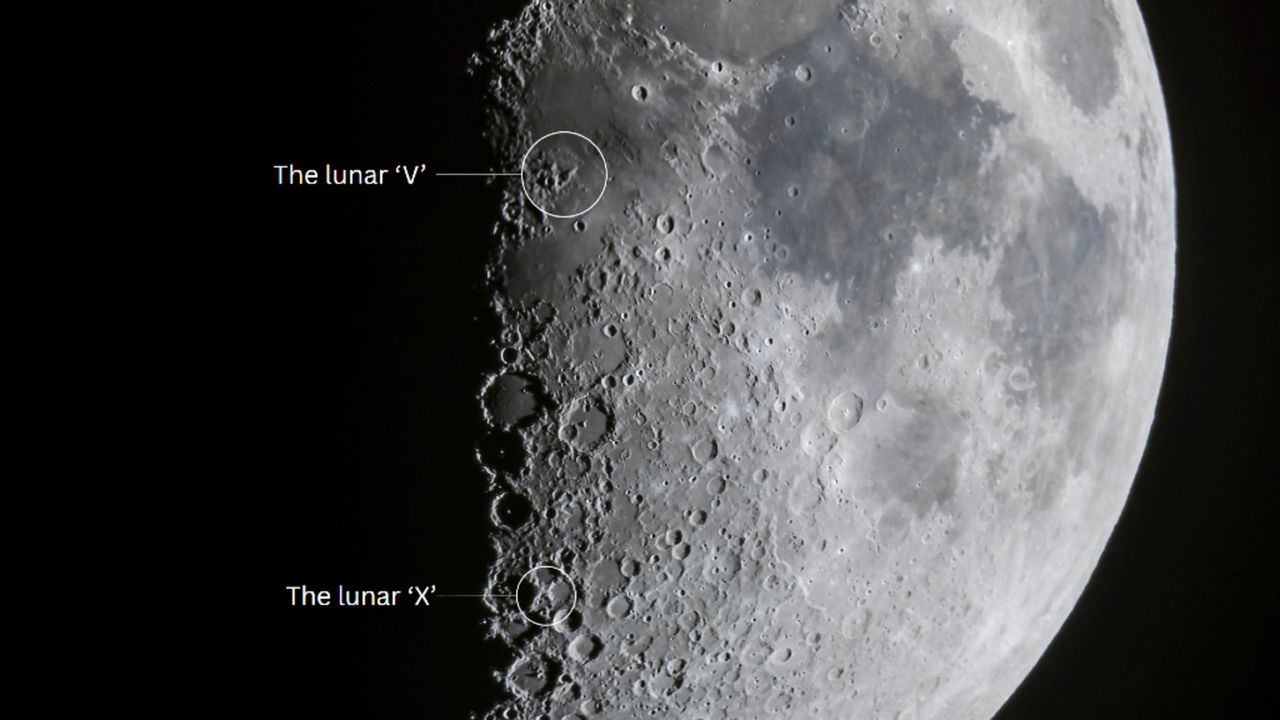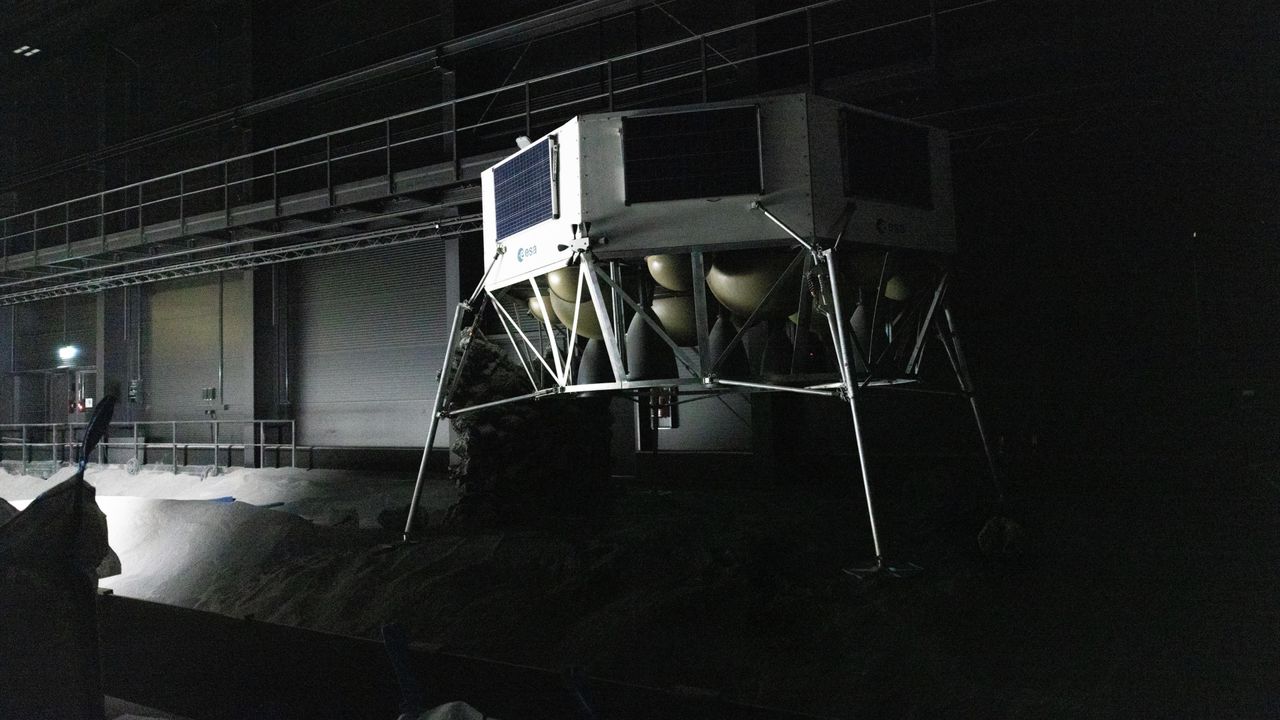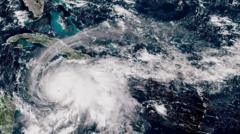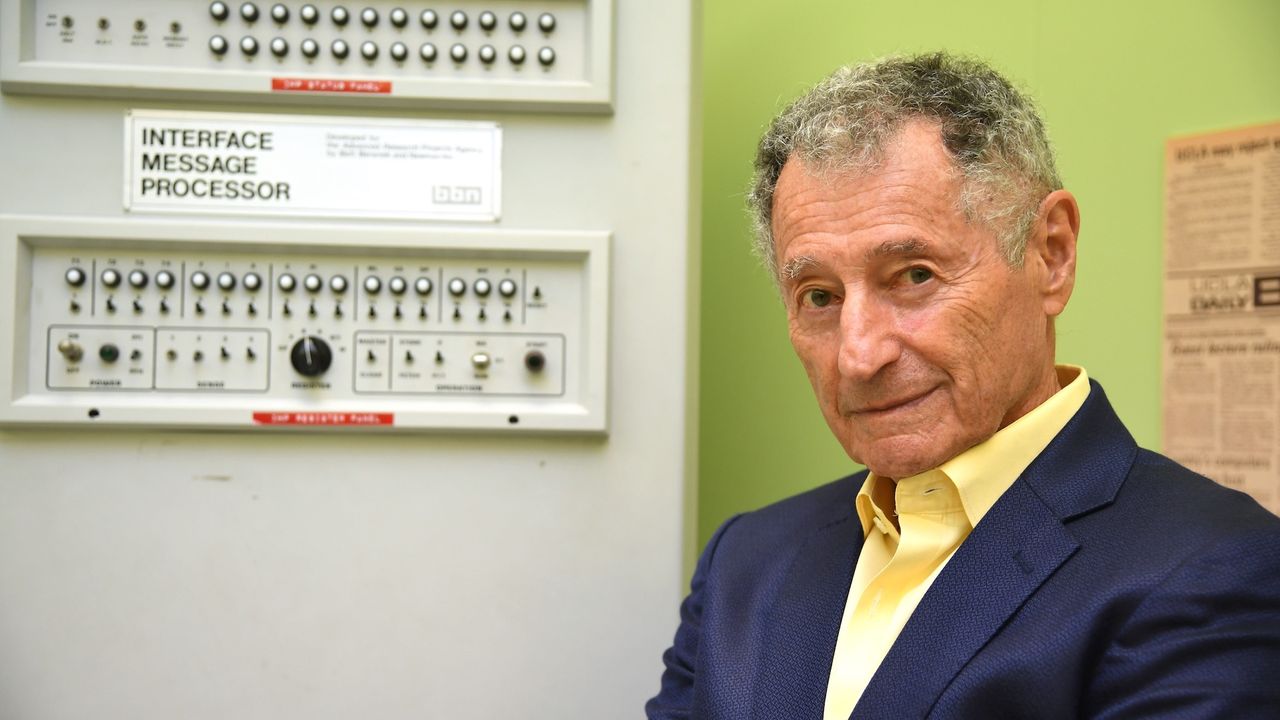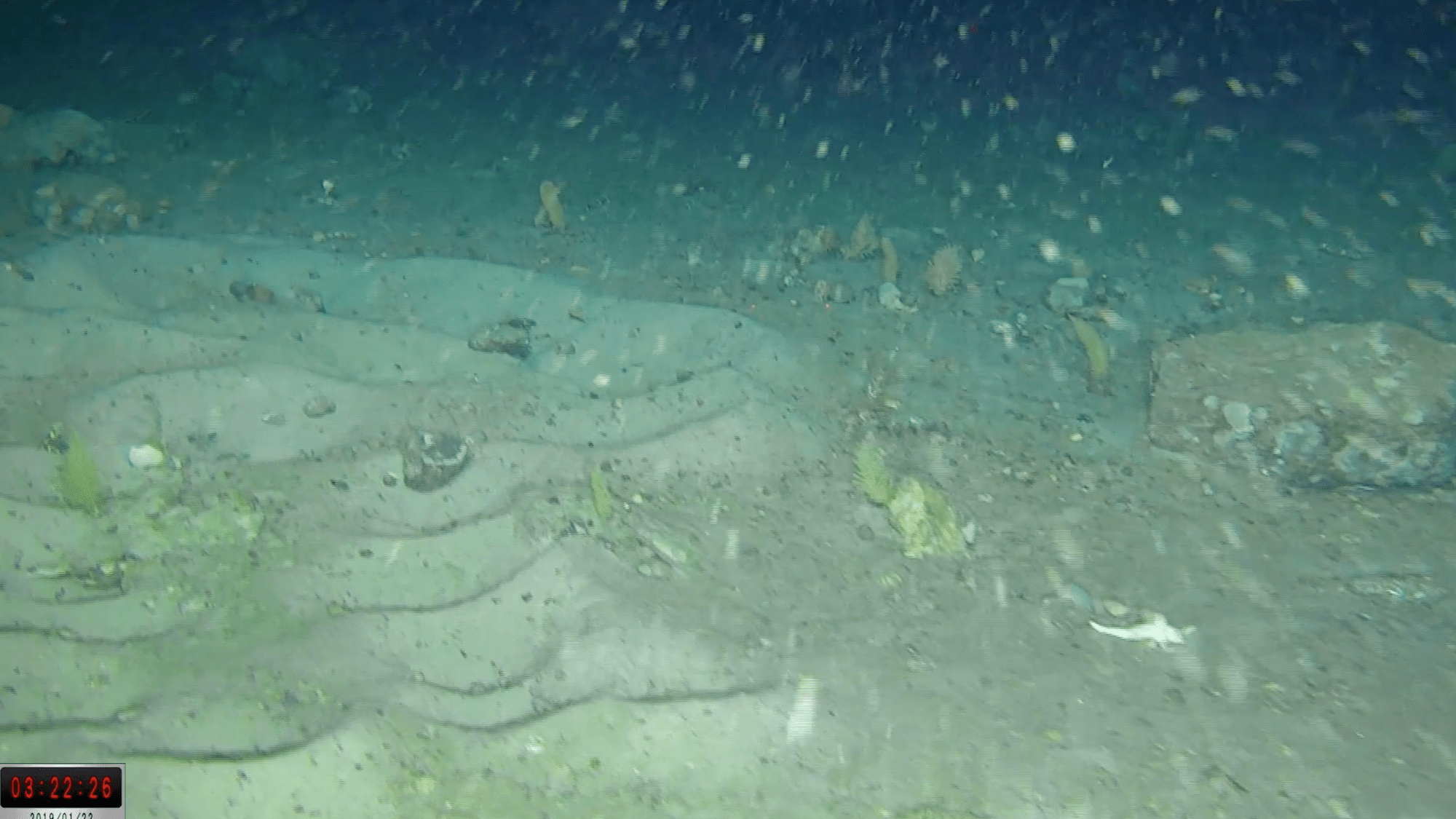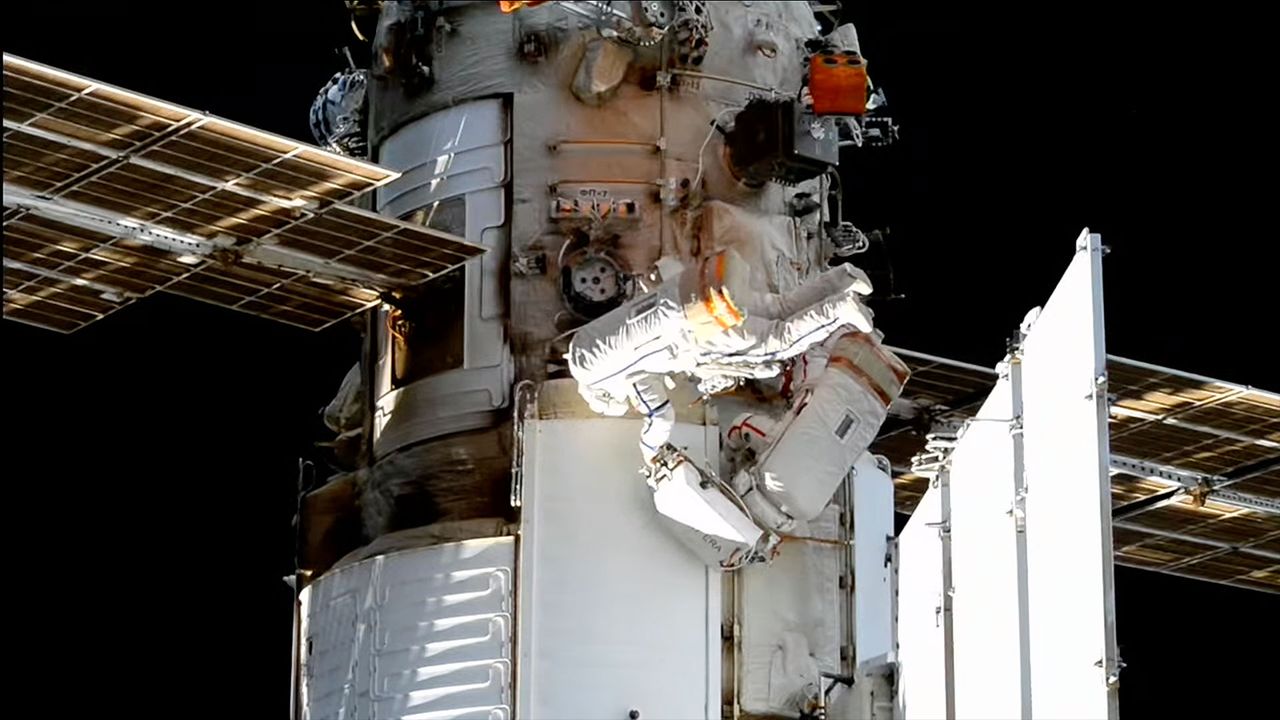China’s Chang’e 6 Mission Found Rare Meteorite Fragments on Moon
PositiveScience
China's Chang’e 6 mission has made an exciting discovery by uncovering rare meteorite fragments on the moon. These samples could provide valuable insights into the evolution of our solar system, making this mission significant not just for China, but for the global scientific community. Understanding these fragments may help answer fundamental questions about the origins of celestial bodies and the processes that shaped our cosmic neighborhood.
— Curated by the World Pulse Now AI Editorial System
